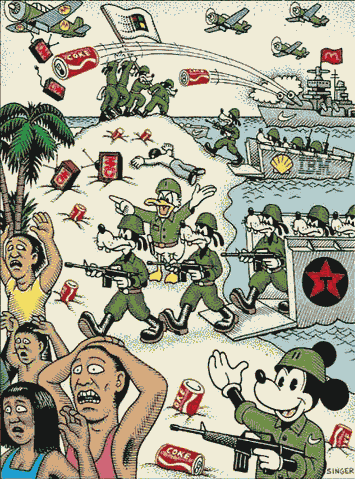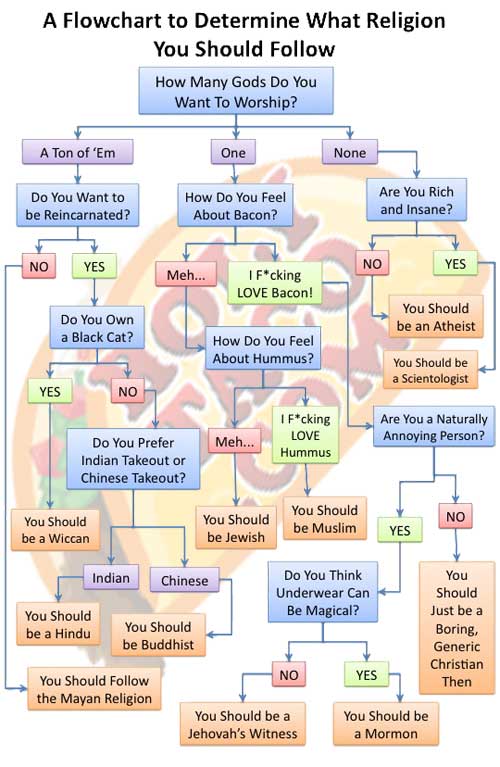We seem to have a deep-seated need to divide the world along racial and ethnic boundaries. Maybe it helps us make sense of who we and others are. Often, we jump to silly conclusions, based on very little evidence. Is this going to be more common with the exponential growth of globalization? Yes, globalization has been around for a while, it is far from new. But look at business, look at college students. Look at your phone. I got the new DroidPro a couple of weeks ago and it came with 3 international plug adapters so I will be able to charge if should I leave the country. The global specs of the phone are surprisingly substantial. But anyways, one cannot deny the fact that globalization has picked up in the last 5 years or so, and it's only picking up speed.

So as a reaction, will we end up creating new dividing lines, clinging on to whatever remaining categorical knowledge we have of another culture? Or will be be able to accept a new blending of cultures? It's funny how humans always want to fit in and adapt, yet they want to be unique as well. Take Americans for example, many people take on a title of blank-American. You know, like Arab American, African American, Chinese American. Or often, they wont even add the American. Why? Because they are trying to associate themselves with the culture of that other identity. But why can't they just call themselves American? So when we start taking advancing steps in globalization, will these lines between cultures thicken or dissolve? I believe that regardless of how hard we try, no matter the effort, it is human nature to cling to these ethnic divides. These divides will prevent us for truly embodying the fruits of globalization.






